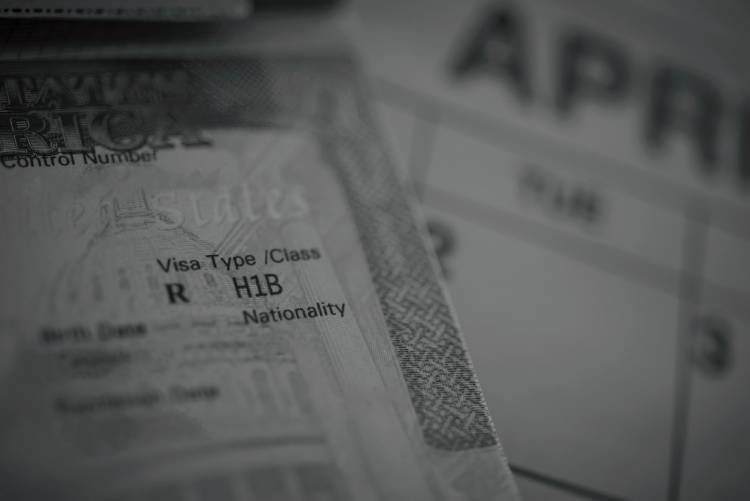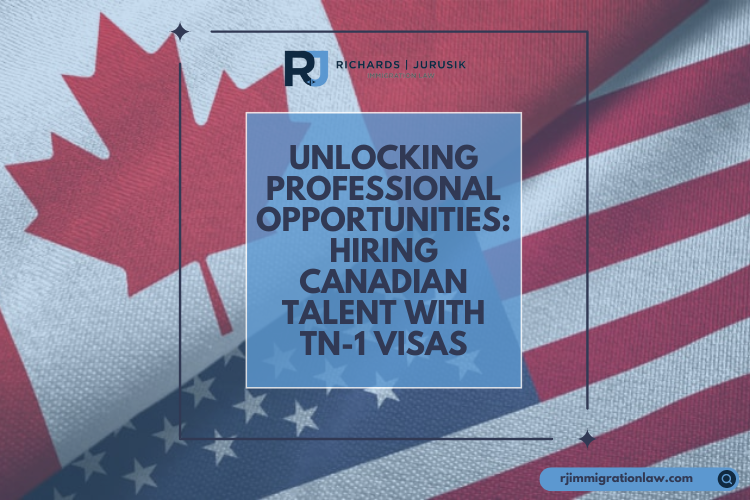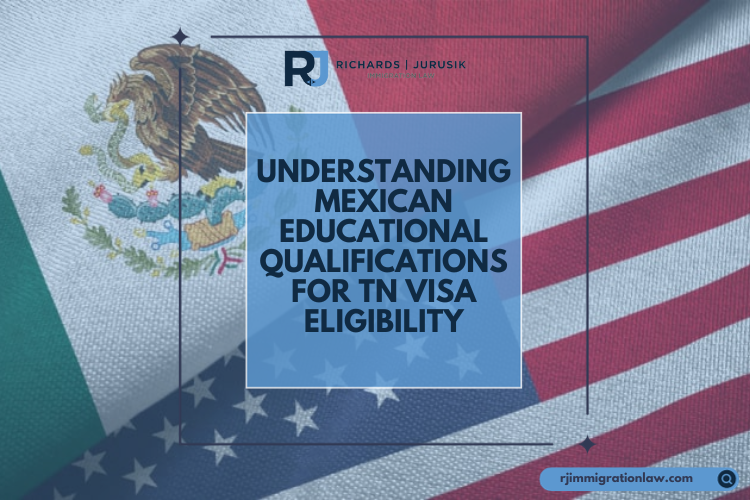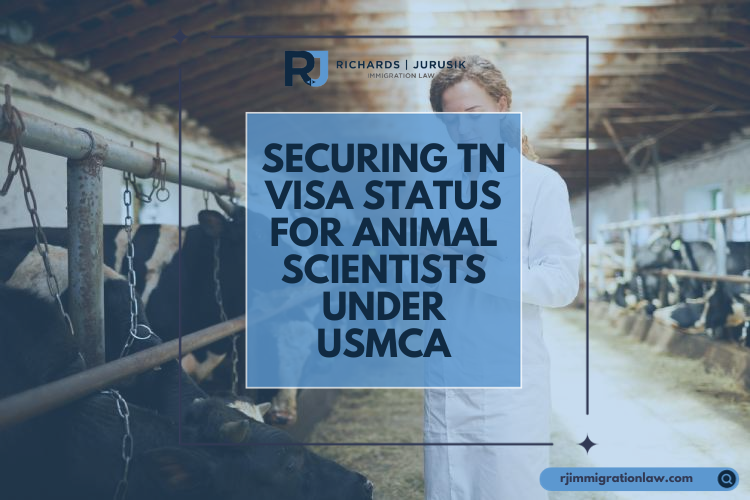The Department of Homeland Security (DHS) has recently announced a set of proposed H–1B visa program changes poised to significantly alter the landscape of specialty occupations and the eligibility criteria for skilled foreign workers. These proposals mark a pivotal shift towards a more flexible, skills-first approach, reflecting the evolving needs of the U.S. labor market and the diverse qualifications of the global workforce.
Redefining “Specialty Occupation”
At the heart of the proposed changes is a comprehensive revision of the definition of a “specialty occupation.” This revision aims to modernize and expand the understanding of what constitutes specialized knowledge and qualifications for H–1B visa eligibility. By moving away from a rigid definition that has traditionally limited the scope of eligible positions, DHS seeks to embrace the diversity of skills and expertise that 21st-century employers require.
Clarifying Degree Requirements and Job Flexibility
One of the most consequential aspects of the proposed changes is the clarification that the term “normally” does not imply “always” within the criteria for a specialty occupation. This subtle yet powerful clarification opens the door for positions that may not traditionally require a bachelor’s degree or higher in a specific specialty but are nonetheless critical to an employer’s operations and require specialized knowledge.
Moreover, DHS proposes that a position may allow a range of degrees, provided a direct relationship between the required degree field(s) and the position’s duties. This approach acknowledges the multidisciplinary nature of many modern jobs and that various educational backgrounds can equip individuals with the skills necessary for a specialty occupation. It effectively broadens the eligibility for H-1B visas, enabling a more comprehensive array of industries and professions to benefit from the talents of skilled foreign workers.
Implications for Employers and Foreign Professionals
These proposed changes represent a significant shift towards a more inclusive and pragmatic approach to defining specialty occupations. For employers, this means greater flexibility in demonstrating the specialized nature of their job offerings and the qualifications they seek in foreign professionals. It allows businesses to more accurately match job duties with the skills and education of H–1B visa applicants, facilitating a more efficient and effective recruitment process.
For foreign professionals, the revised definition and criteria for specialty occupations could open new pathways to employment in the United States. By recognizing a broader range of qualifications as meeting the criteria for specialty occupations, DHS ensures that talent, rather than rigid educational requirements, is the primary consideration in H–1B visa adjudications.
A Forward-Looking Approach
The DHS’s proposals to redefine specialty occupations and clarify eligibility criteria reflect a forward-looking approach to immigration policy. They acknowledge the dynamic nature of the global economy and the diverse skill sets that drive innovation and growth. These changes are poised to make the H–1B visa program more accessible and relevant to a broader spectrum of professions and industries, aligning immigration policy with the realities of the modern workforce.
Conclusion
The proposed changes to the H-1B visa program by the Department of Homeland Security represent a transformative step in how specialty occupations are defined and how skilled foreign workers are integrated into the U.S. economy. By prioritizing skills and the direct relationship between education and job duties, DHS is paving the way for a more adaptable, inclusive, and efficient process for employing foreign talent. As these proposals move towards implementation, employers and prospective H–1B beneficiaries should prepare for a new era of opportunities that reflect the diverse and evolving needs of the American workforce.
Subscribe to Our Resources Blog
Schedule a Consultation with an Immigration Lawyer
Citations
We Can Help!
You may have questions regarding the H1B visa program. We invite you to contact our team at Richards and Jurusik for detailed guidance and assistance. We aim to provide the most accurate and up-to-date information to make your immigration process smoother and less stressful. The immigration lawyers at Richards and Jurusik have decades of experience helping people to work and live in the United States. Read some of our hundreds of 5-star client reviews! Contact us today to assess your legal situation.







